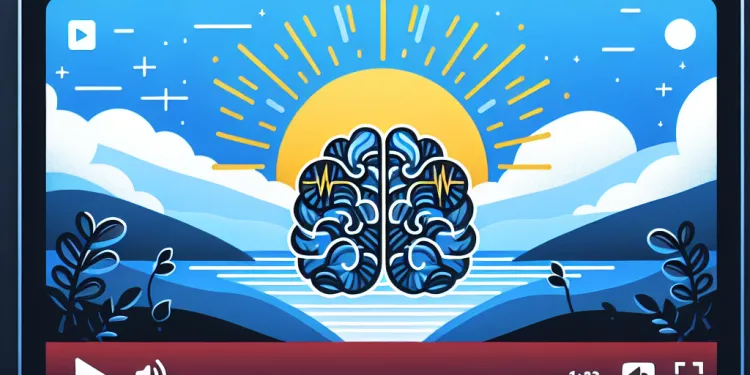
Find Help
More Items From Ergsy search
-
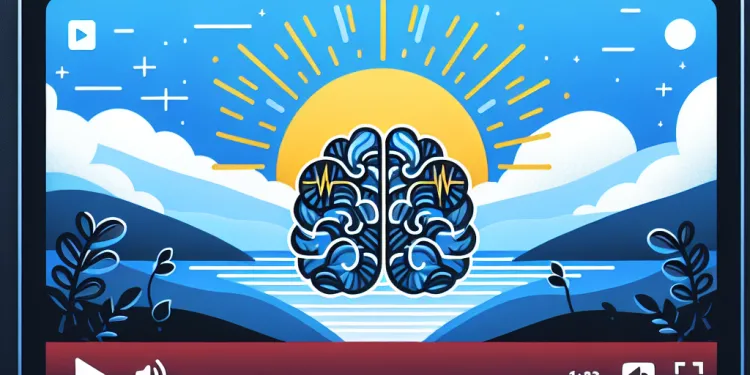
Current Challenges in Youth Mental Health Services
Relevance: 100%
-

Tackling Youth Mental Health: Community Initiatives and Solutions
Relevance: 68%
-
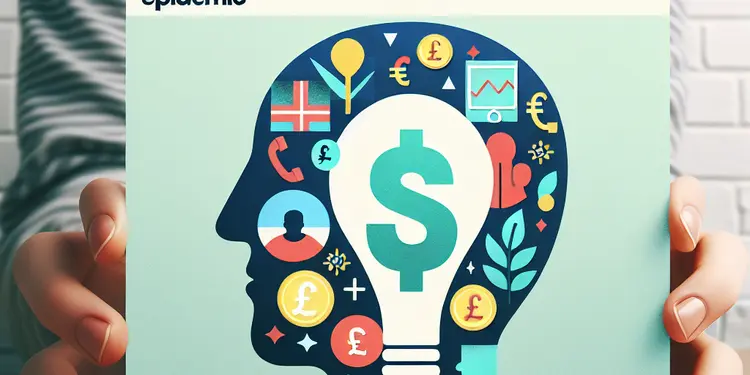
New Mental Health Strategy Launched to Address Youth Anxiety Epidemic
Relevance: 62%
-

Mental Health Support Services in the UK
Relevance: 55%
-
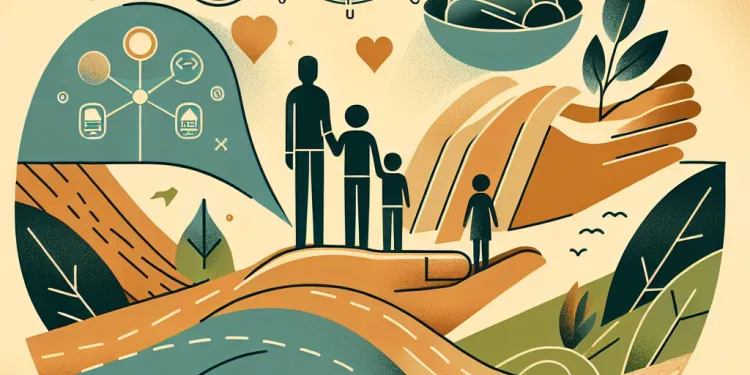
Navigating Mental Health Services for Children and Adolescents
Relevance: 50%
-
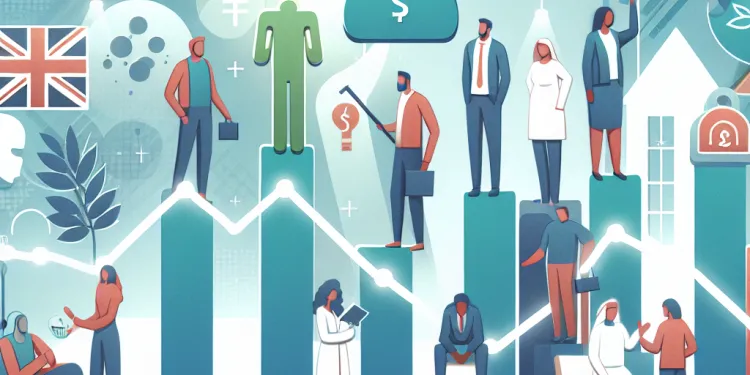
Mental Health Services Struggle to Cope Amid Record Demand
Relevance: 50%
-
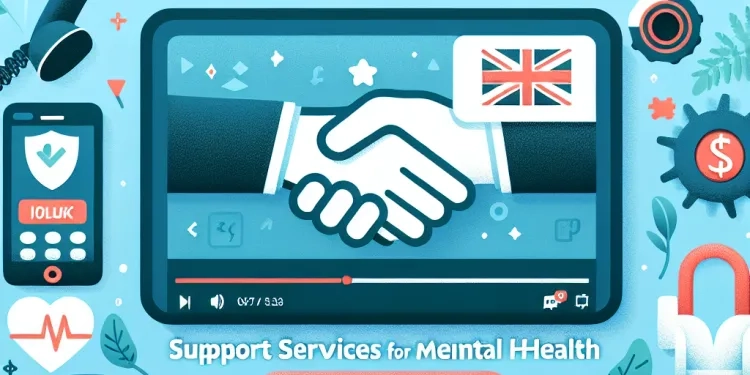
Support Services for Mental Health Amid Economic Uncertainty
Relevance: 48%
-
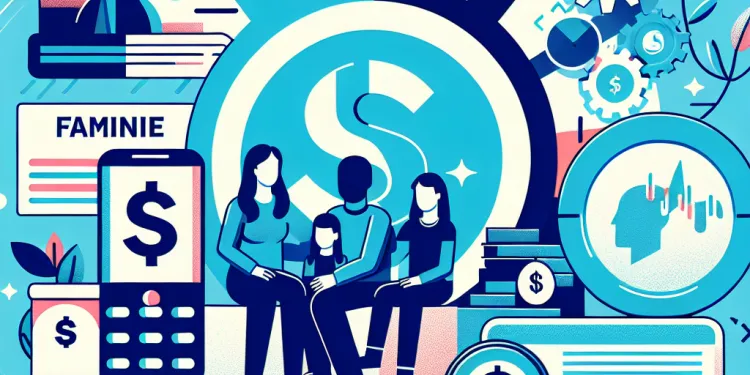
Advancements in Mental Health Resources for Families
Relevance: 43%
-
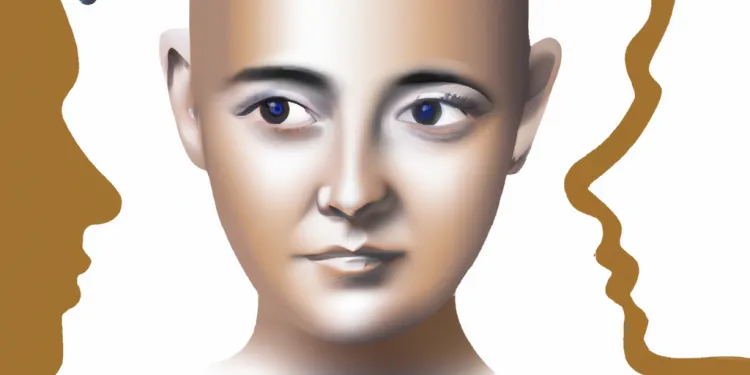
Mental Health Resources for Families
Relevance: 43%
-

New Report Highlights Gaps in Mental Health Services for Welfare Recipients
Relevance: 43%
-
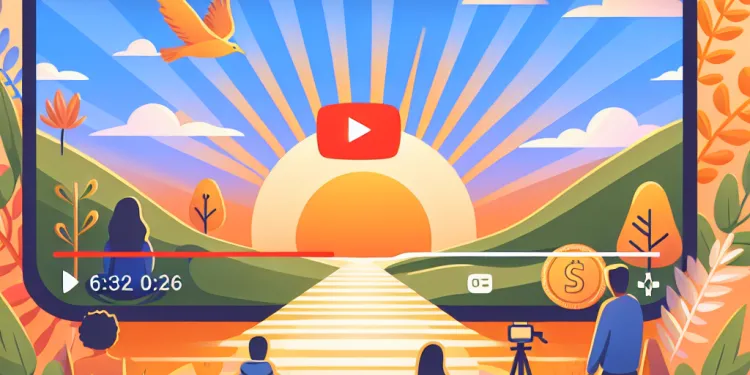
Mental Health Support Resources in the UK
Relevance: 42%
-
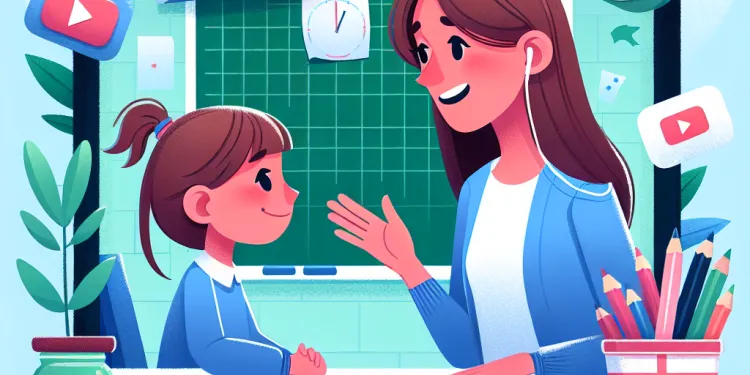
Understanding Mental Health in Children
Relevance: 40%
-
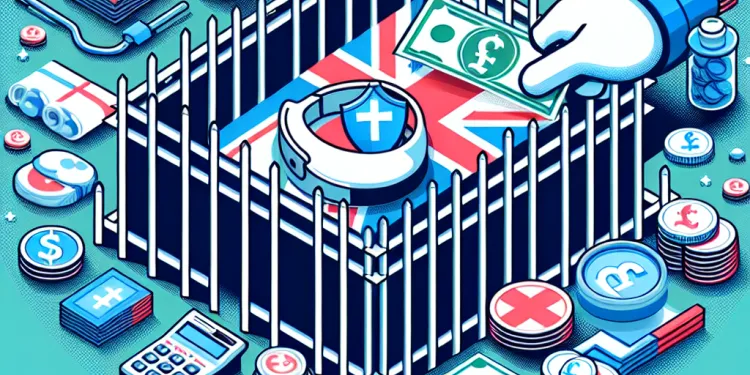
How are health services provided in prison?
Relevance: 39%
-
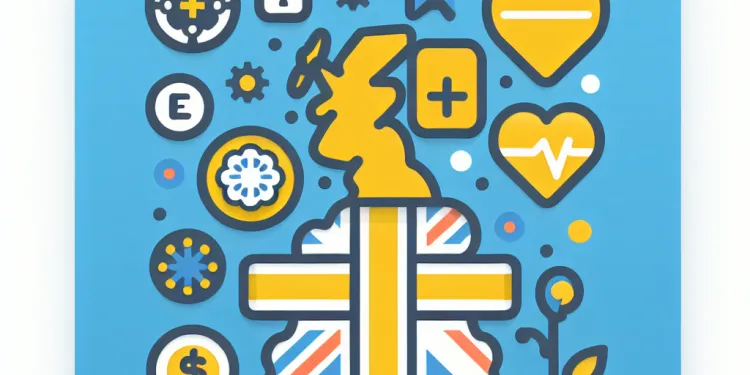
Accessing Mental Health Support Resources in the UK
Relevance: 39%
-
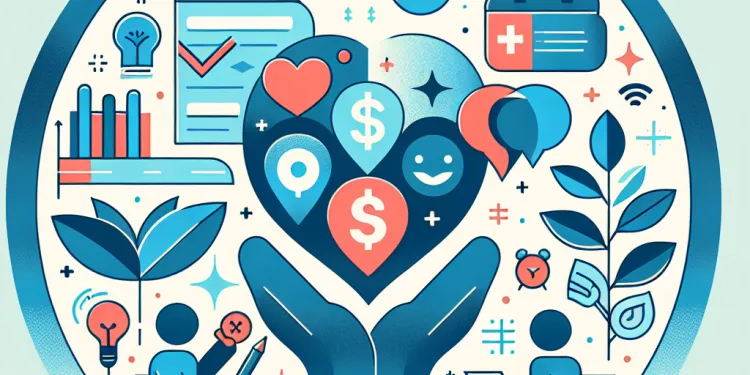
Mental Health Support for Families: Resources and Strategies
Relevance: 39%
-
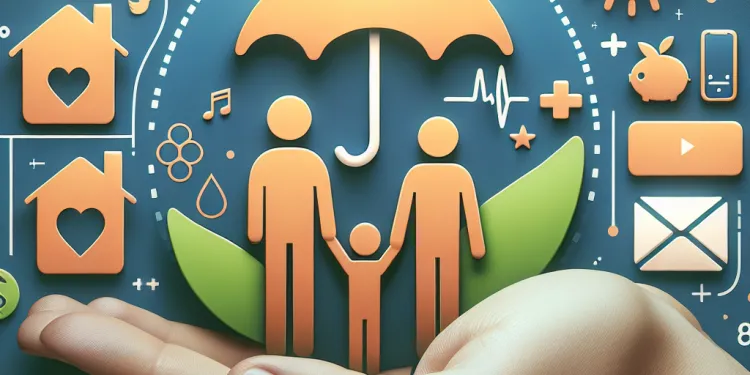
Mental Health Support for Families: Resources and Helplines
Relevance: 39%
-

Mental Health Support Resources for Families
Relevance: 39%
-

Mental Health: Laura's Story | NHS
Relevance: 38%
-

Mental Health Support for Families: Resources and Guidance
Relevance: 38%
-
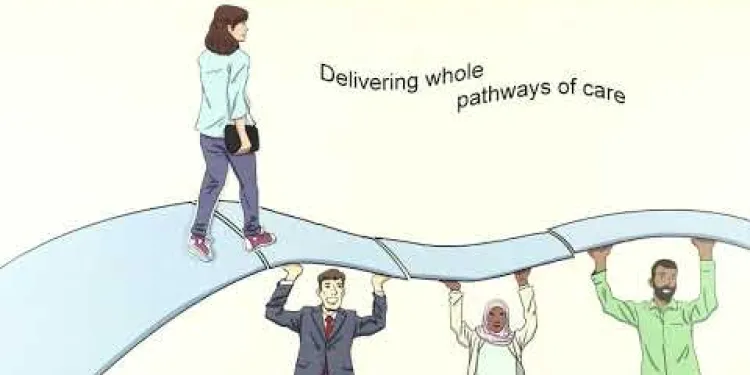
NHS-led Provider Collaboratives: improving mental health, learning disability and autism services
Relevance: 37%
-
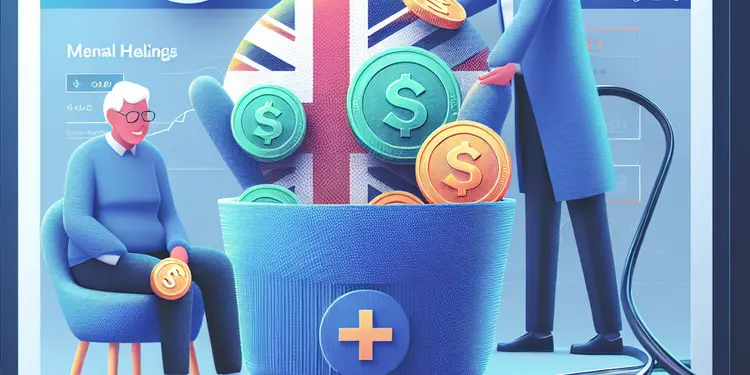
What mental health resources are available for seniors?
Relevance: 36%
-
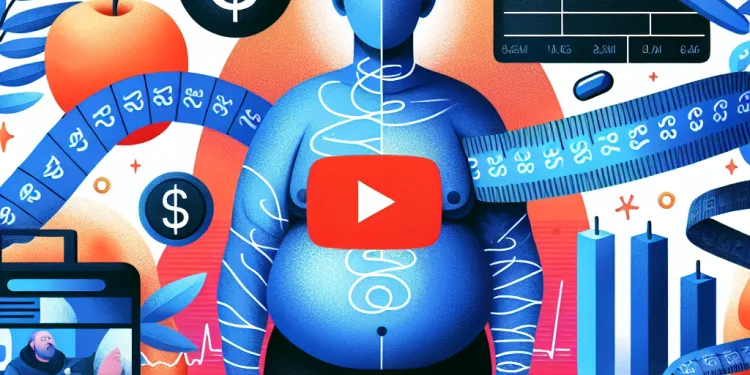
What is the impact of obesity on mental health?
Relevance: 36%
-

NHS Unveils Revolutionary Mental Health Support Initiative
Relevance: 36%
-
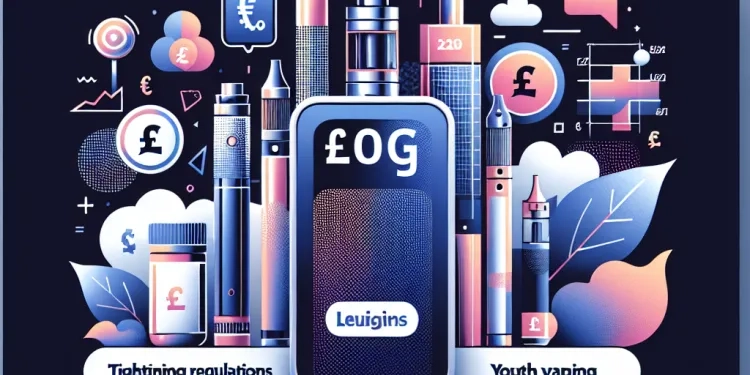
Rules on E-cigarettes to Tighten Amid Concerns Over Youth Vaping
Relevance: 36%
-
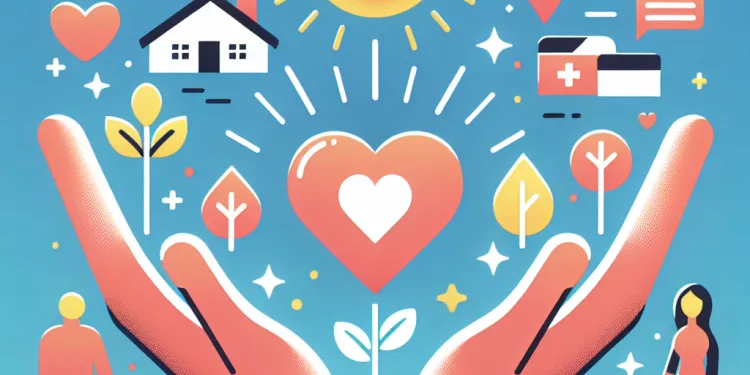
Mental Health Support for Families - Latest Resources and Guidance
Relevance: 36%
-

What is the role of mental health assessments in indefinite sentences?
Relevance: 35%
-

Can relationship problems be resolved to improve mental health?
Relevance: 35%
-
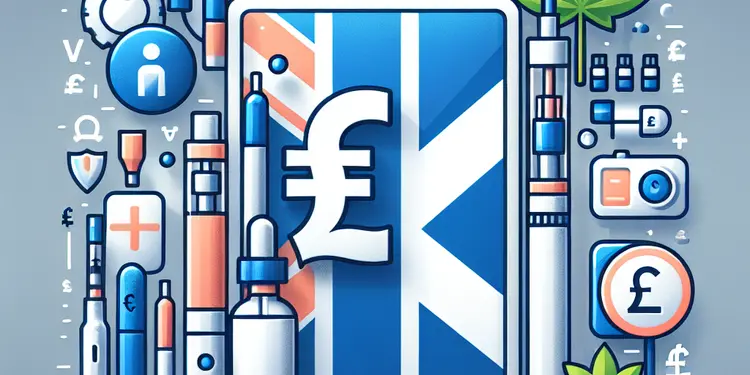
What initiatives are being taken to educate youth about the risks of vaping?
Relevance: 35%
-
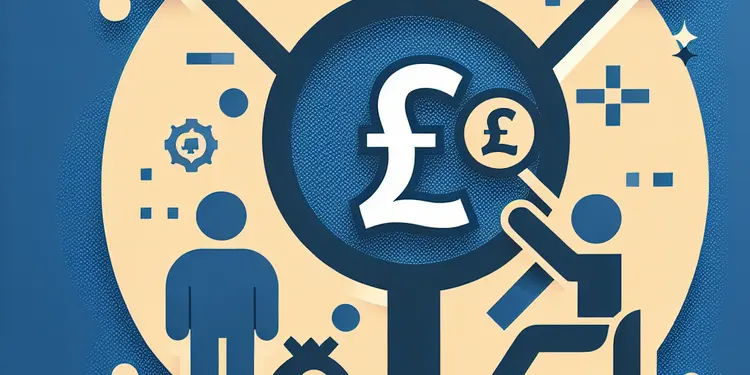
Can primary care support workers access mental health support?
Relevance: 35%
-
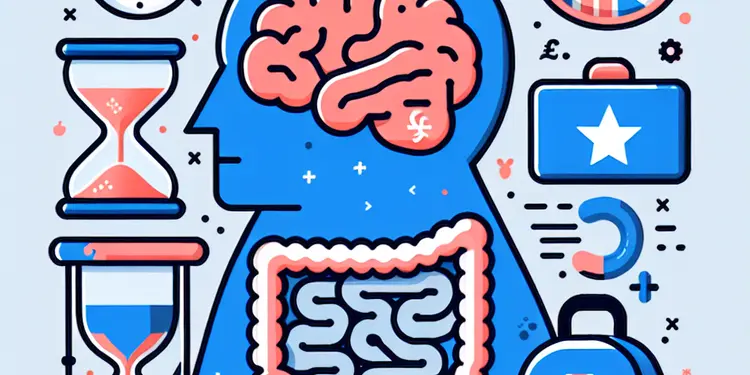
Can gut health affect mental health as one ages?
Relevance: 34%
-

Can mixed exercises improve mental health?
Relevance: 34%
-
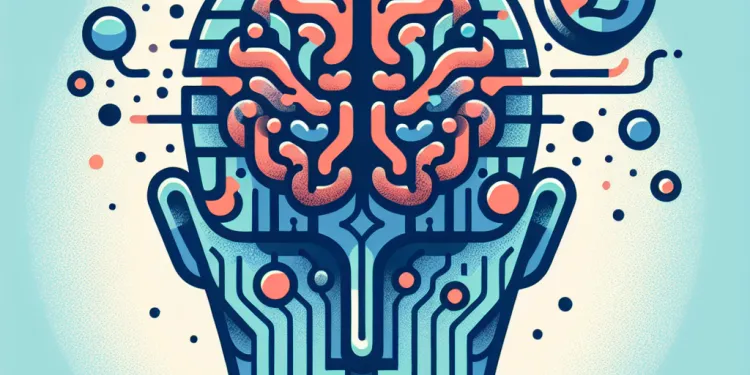
Can concussions lead to mental health issues?
Relevance: 34%
-
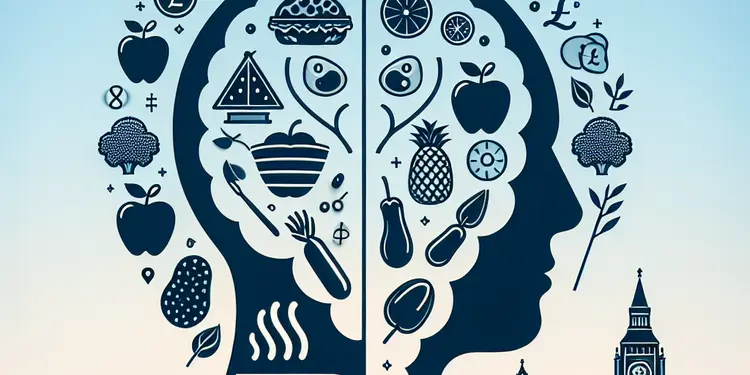
How do eating disorders affect mental health?
Relevance: 34%
-
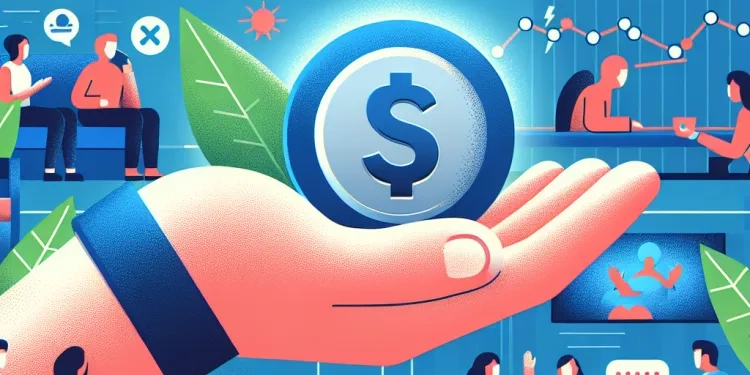
Mental Health Impact of Cost of Living Crisis and Support Resources
Relevance: 34%
-

Short Films About Mental Health - Trauma PTSD
Relevance: 33%
-

How does the loneliness epidemic impact mental health?
Relevance: 33%
-

Essential Tips for Mental Health and Well-Being Amidst Rising Living Costs
Relevance: 32%
-
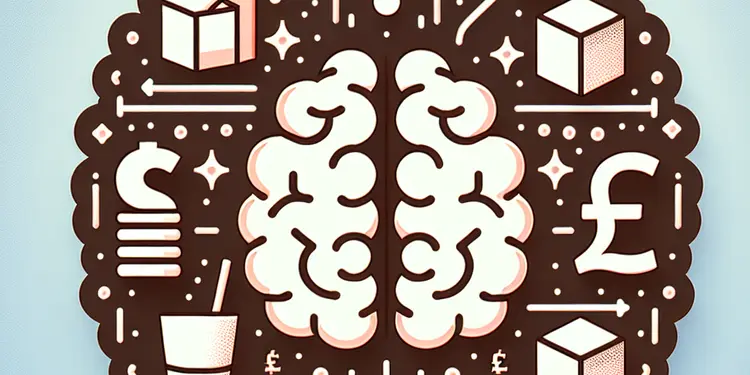
How does sugar impact mental health?
Relevance: 32%
-

How does binge drinking affect mental health?
Relevance: 31%
-
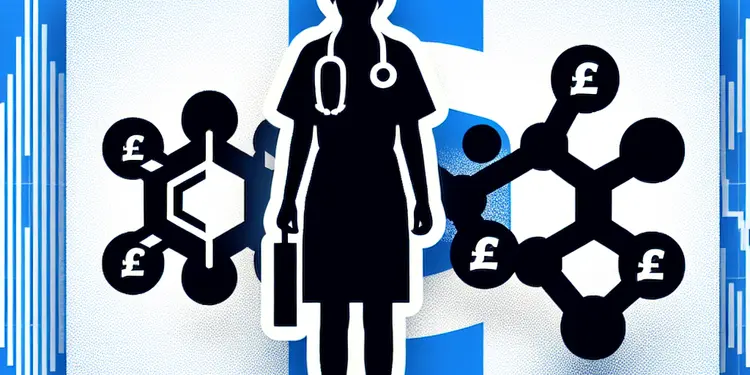
Can ketamine be prescribed for mental health conditions?
Relevance: 31%
Current Challenges in Youth Mental Health Services
Growing Demand for Services
In recent years, there has been a significant increase in the number of young people in the United Kingdom seeking mental health services. This surge is attributed to several factors including the heightened awareness and reduced stigma surrounding mental health issues, as well as the impact of social media and academic pressures. Unfortunately, the demand has outpaced the available services, leading to longer waiting times and overburdened mental health professionals. The National Health Service (NHS) is struggling to accommodate the needs of these young people, resulting in delayed treatment and exacerbation of their mental health conditions.
Insufficient Funding and Resources
One of the most pressing challenges is the lack of adequate funding and resources allocated to youth mental health services. While mental health has increasingly become a priority within healthcare discussions, financial investment has not matched the growing need. This gap results in insufficient staffing and a lack of comprehensive services, leaving many young individuals without the necessary support. Funding cuts to local authorities have also meant that community-based services, which play a crucial role in early intervention, are being reduced or eliminated.
Barriers to Access
Multiple barriers impede young people's access to mental health services. These include geographical disparities, with rural areas often underserved compared to urban centres, and the availability of culturally sensitive care for minority groups. Additionally, navigating the complex system to receive mental health support can be overwhelming, particularly for those from disadvantaged backgrounds or with limited familial support. This complexity often results in young people not receiving the help they need in a timely manner, further complicating their mental health issues.
Lack of Early Intervention
The importance of early intervention in mental health cannot be overstated. Detecting and addressing mental health issues at an early stage can significantly improve outcomes and reduce the long-term impact on a young person’s life. However, many schools and primary care providers lack the training and resources to identify early signs of mental health problems. This gap means that opportunities for early intervention are often missed, allowing conditions to worsen before they are addressed.
Need for Integrated Services
Effective youth mental health care often requires a holistic, integrated approach that includes collaboration between various services such as schools, primary care, and specialised mental health providers. However, there is a lack of coordination and communication between these entities, which can lead to fragmented care and young people falling through the cracks. A more integrated system would ensure that young individuals receive consistent and comprehensive support, maximizing the efficiency and effectiveness of mental health interventions.
Addressing these challenges requires concerted efforts from policymakers, health care providers, educators, and the community to ensure that young people in the United Kingdom receive the mental health support they need and deserve.
Current Challenges in Youth Mental Health Services
More People Need Help
Many young people in the UK need help with their mental health. More people than before are asking for help. This is because people know more about mental health now, and they are not as afraid to talk about it. Things like school stress and social media can also affect mental health. But, there are not enough services to help everyone. This means young people have to wait longer to get help. The NHS is trying hard but can't keep up. This can make kids' mental health worse while they wait.
Not Enough Money and Help
There is not enough money for mental health services for young people. Even though people talk more about mental health now, there isn't enough money to help everyone. This means there are not enough workers and services. Local services have less money too. This leaves many young people without the help they need.
Hard to Get Help
Many things make it hard for young people to get help. In some places, like the countryside, there are fewer services than in cities. Some groups of people do not get the right care for their culture. The system to get help is also tricky. This can be hard for young people who do not have much family support. Because of this, many young people do not get help when they need it.
Help Needs to Come Early
It is important to help young people with mental health problems early. When we find these problems early, it can make a big difference. But schools and doctors need more training to see the early signs. Without this, problems can get worse before anyone helps.
Working Together for Better Care
Helping young people with mental health works best when different services work together. Schools, doctors, and mental health experts need to talk to each other. Right now, they do not always work together well. This can lead to young people not getting the care they need. Everyone needs to work together better to help young people get the right care.
To fix these problems, we need everyone to help: the government, health workers, teachers, and the community. This will help make sure young people in the UK get the mental health care they need.
Frequently Asked Questions
What are the common mental health challenges faced by youth in the UK?
Common mental health challenges include anxiety, depression, eating disorders, self-harm, and behavioral issues due to factors such as academic pressure, social media, bullying, and family dynamics.
How has the COVID-19 pandemic affected youth mental health services?
The pandemic has exacerbated mental health issues among youth, leading to an increased demand for services while also creating barriers to accessing in-person support due to lockdowns and social distancing measures.
What are the signs that a young person might be struggling with their mental health?
Signs to watch for include withdrawal from social activities, changes in eating or sleeping patterns, drastic mood swings, decline in academic performance, and expressing feelings of hopelessness or worthlessness.
What services are available for youth mental health in the UK?
Services include NHS Child and Adolescent Mental Health Services (CAMHS), charity organisations like YoungMinds and Mind, and school counseling programs.
How can parents help their children cope with mental health challenges?
Parents can support their children by maintaining open communication, fostering a supportive home environment, encouraging physical activity, and seeking professional help when needed.
What role do schools play in supporting youth mental health?
Schools provide a crucial support network through school counselors, mental health education, peer support programs, and by creating an inclusive and safe learning environment.
How can young people access mental health services confidentially?
Youth can access confidential support through services like Childline, Kooth (an online counseling service), and local GP surgeries. Most services maintain confidentiality unless there are concerns about immediate harm.
What is CAMHS and how does it help?
CAMHS (Child and Adolescent Mental Health Services) is an NHS service that assesses and treats young people with emotional, behavioral, or mental health difficulties through a range of therapies and interventions.
What challenges do youth face in accessing mental health services?
Challenges include long waiting times for appointments, a limited number of available practitioners, stigma surrounding mental health issues, and lack of awareness about available services.
What are some preventative measures for youth mental health issues?
Preventative measures include promoting a healthy lifestyle, fostering strong relationships, providing education on mental health, early intervention, and supporting stress management techniques.
Are there online resources for youth mental health support?
Yes, there are several online resources including YoungMinds, The Mix, Mind, and Kooth which offer information, advice, and counseling services.
How can peer support benefit youth struggling with mental health issues?
Peer support provides a sense of belonging and understanding, reduces feelings of isolation, and offers shared experiences and coping strategies.
What is the role of GPs in youth mental health care?
GPs can assess mental health issues, provide initial support and counseling, prescribe medication if necessary, and refer to specialist services like CAMHS.
How does social media impact youth mental health?
Social media can both positively and negatively impact youth mental health; it can provide a sense of community and support but also contribute to anxiety, depression, and low self-esteem due to cyberbullying and unrealistic comparisons.
What initiatives are being taken by the UK government to address youth mental health?
The UK government has launched initiatives such as increased funding for mental health services, implementing mental health education in schools, and the creation of the NHS Long Term Plan which includes improvements in CAMHS.
What are the common mental health challenges for young people in the UK?
Many young people in the UK have mental health challenges. This means they have problems with how they feel or think.
Here are some common challenges:
- Anxiety - This means feeling worried or scared a lot.
- Depression - This means feeling very sad and not enjoying things.
- Stress - This means feeling lots of pressure from school or home.
If you feel this way, you are not alone. It is important to talk to someone you trust, like a parent or teacher. They can help you feel better.
You can also try these ideas to help yourself:
- Write it down - Keep a diary about how you feel.
- Do something fun - Play a game or do something you like.
- Breathe deeply - Take slow, deep breaths to feel calm.
Many people have problems with their feelings and thoughts. Some common problems are feeling very worried, feeling very sad, having trouble eating, hurting themselves, or having trouble behaving well. These problems can happen because of school stress, social media, bullying, or family issues.
How has COVID-19 changed help for young people's mental health?
During the COVID-19 pandemic, many changes happened. This includes changes to how young people get help for their feelings and thoughts.
Services like talking to a counselor or therapist might have been on the phone or online, instead of in person. For some, this was new and took getting used to.
Some young people felt lonely or sad because they couldn't see friends or go to school. This made them need more support for their mental health.
To help, young people can use tools like calm breathing or talking to a trusted adult. There are some apps that can help, too. It's important to ask for help when you need it.
The pandemic has made mental health problems worse for young people. More young people need help now. But it's harder to get help in person because of lockdowns and needing to keep apart from others.
How can you tell if a young person is having a hard time with their feelings?
Here are some signs to watch for:
- They seem sad or upset a lot.
- They don't want to play or do things they used to enjoy.
- They get angry easily or have big mood changes.
- They have trouble sleeping or sleep too much.
- They have less energy or feel tired all the time.
- They find it hard to concentrate or do schoolwork.
- They avoid friends or don't want to talk to people.
If you notice these signs, it might help to talk to them kindly. You can also tell a trusted adult.
Look out for signs like these:
- Not wanting to do things with friends.
- Eating or sleeping a lot more or a lot less.
- Big changes in mood, like really happy to really sad.
- Doing worse in school.
- Saying things like "I feel hopeless" or "I feel worthless."
If you notice these signs, it can help to talk to someone or use tools like drawing or writing to express feelings.
What help can young people get for mental health in the UK?
Young people in the UK can get help for their feelings and thoughts. Here are some places and ways to get support:
- Talk to a doctor. They can listen and help.
- Call helplines. You can talk to someone who cares.
- Go to online support pages. They have tips and advice.
- Visit a counselor. They help you feel better.
It is okay to ask for help. You are not alone.
There are places where kids and teenagers can get help for mental health. These include NHS Child and Adolescent Mental Health Services, charity groups like YoungMinds and Mind, and counseling programs in schools.
How can parents help their children with feelings?
Parents can help their kids when they feel sad, worried, or angry. Here are some easy ways to help:
- Talk and Listen: Spend time talking with your child. Listen to how they feel. Let them know it’s okay to have big feelings.
- Hug and Comfort: Give hugs and tell them they are loved. This helps children feel safe and cared for.
- Keep a Routine: Try to have a daily routine. This means doing the same things at the same times each day. Routines help children feel safe.
- Play and Have Fun: Spend time playing together. Play helps children relax and feel happy.
- Use Simple Tools: Use things like picture books or drawing to help your child talk about their feelings.
- Ask for Help: If you’re worried, talk to a teacher, doctor, or counselor. They can give more ideas to help your child.
It is important to let your child know it is okay to talk about feelings and to ask for help when needed.
Parents can help their kids by talking with them, making a happy and caring home, getting them to play and move around, and asking for help from experts if they need it.
How do schools help young people feel better in their minds?
**Tips to Help Understand:** 1. **Read slowly:** Take your time. 2. **Use a highlighter:** Mark important words. 3. **Ask for help:** Talk to a teacher or friend if you don't understand. 4. **Break it down:** Look at one part at a time. 5. **Use pictures:** Draw or find pictures to help you understand.Schools help kids in important ways. They have school counselors to talk to, teach about mental health, and have programs where kids help each other. Schools make sure everyone feels safe and included.
How can young people get help for their feelings in private?
It is important for young people to talk about their feelings and get help if they need it. Here are some ways they can do this without others knowing:
- Talk to a Doctor: You can ask your doctor for help. They keep your talks private.
- Call a Helpline: There are phone numbers you can call to talk about how you feel. These are private and you don't have to tell your name.
- Use a Chat Service: Some websites let you chat with someone who can help you. This is private too.
- Online Resources: Look for websites that have tools and games to help you feel better.
If you need help, reach out to someone you trust, like a teacher or a friend.
Young people can get help from places like Childline, Kooth (which is an online counseling service), and local doctors' offices. These places keep your information private, but they have to tell someone if they think you are in danger right now.
What is CAMHS and how does it help?
CAMHS is a place that helps kids and young people with thoughts and feelings.
They can help if you feel worried, sad, or very angry.
People there listen and talk to you. They help you feel better.
You can use pictures or stories to tell how you feel.
It's important to talk to someone you trust about your feelings.
CAMHS can also talk to your family to help them understand.
CAMHS is a special NHS service. It helps young people who have strong feelings, behavior problems, or mental health issues. It uses different ways to help and support them.
What problems do young people have when getting help for their mental health?
Young people sometimes find it hard to get help for their feelings and thoughts. Here are some reasons why:
- Understanding: It's hard to know when they need help.
- Talking: It's scary to talk about feelings.
- Knowing where to go: Not sure where to find help.
- Money: Help can cost a lot of money.
- Waiting: Sometimes they have to wait a long time.
- Feeling different: Worry about what others will think.
Here are some ways to make it easier:
- Talk to a teacher or someone you trust.
- Use apps and websites that help with feelings.
- Join a group where people help each other.
There are some problems. People have to wait a long time to see someone. There aren't many doctors or helpers. Some people feel embarrassed to talk about mental health. Also, many people don't know what help they can get.
How can we help young people stay mentally healthy?
There are things we can do to help young people have a healthy mind. Here are some tips:
- Talk and Listen: Talk to someone you trust about how you feel. Listen to friends and family when they need to talk.
- Stay Active: Play outside, go for a walk, or do a sport you enjoy. Moving your body helps your mind, too!
- Eat Well: Eat fruits, vegetables, and other healthy foods. They give your brain the fuel it needs.
- Sleep Enough: Make sure you get enough sleep each night. Aim for about 8-10 hours.
- Take Breaks: Take time to relax and do something fun. It’s important to rest and recharge.
- Ask for Help: If you feel sad or worried, talk to a grown-up you trust, like a parent or teacher. You can also talk to a counselor.
Using these tips can help keep your mind healthy and strong. Remember, it's okay to ask for help if you need it!
Here are some ways to stay healthy and happy:
- Eat good food and exercise to keep your body strong.
- Make friends and spend time with them.
- Learn about feelings and how to talk about them.
- Ask for help when you feel sad or worried.
- Try to relax and do things you enjoy.
If you need help, talking to someone you trust can be really good. Reading simple books or using special apps can also help you learn more.
Can kids and teens get help with their feelings online?
Yes, there are websites that can help kids and teens with their feelings and mental health. Here are some tips and tools that might help:
- Calm Apps: Use apps to help you relax and feel calm.
- Help Websites: Visit websites that give tips and advice on feeling better.
- Talk to Someone: Some websites let you chat with a person who can help.
Remember, it's okay to ask for help. You are not alone.
Yes, there are websites that can help. You can look at YoungMinds, The Mix, Mind, and Kooth. They have information, advice, and people you can talk to.
How can friends help young people with mental health problems?
Young people sometimes feel sad, worried, or upset. Friends can help them feel better. When friends talk and listen, it is called peer support. This can make big problems feel smaller.
Here are ways friends can help:
- Listen: Sometimes just listening can help. Make sure your friend knows you care.
- Talk: Share your own stories. It helps to know someone else has felt the same way.
- Encourage: Tell your friend about places and people who can help, like a teacher or a doctor.
If you want to help more:
- Use pictures or drawings to show how you feel.
- Write down feelings in a journal or a notebook.
- Do calming things together like drawing, walking, or playing a game.
Remember, friends can make a big difference!
Peer support helps you feel like you belong. It makes you feel understood. It can help you feel less alone. You can share stories and learn ways to cope together.
What do family doctors do to help young people with mental health?
Doctors, called GPs, can help with mental health problems. They can listen to you and give you advice. They might give you medicine if you need it. They can also tell you about special help, like CAMHS, for children and young people.
How does social media affect how young people feel?
Many young people use social media like Instagram, TikTok, or Snapchat. It can be fun, but it can also change how they feel.
Here are some effects:
- Good things: Young people can talk to friends, learn new things, and find support.
- Not-so-good things: They might compare themselves to others and feel sad or worried. Sometimes, people might be mean online.
To feel better:
- Take breaks from social media.
- Talk to a trusted adult if something online makes you upset.
- Use apps that help limit screen time.
Social media has good and bad effects on young people's mental health. It can help young people feel part of a group and get support. But it can also make them feel anxious, sad, and bad about themselves because of online bullying and comparing themselves to others in an unfair way.
If you find social media hard, try these tips:
- Take breaks from social media to relax.
- Talk to someone you trust about how you feel.
- Remember that not everything online is real.
What is the UK government doing to help young people with mental health?
The UK government is working to make young people feel better. Here are some ways they are helping:
- The government is giving money to schools so they can teach students about mental health.
- They are hiring more mental health workers in schools to help children who might be sad or worried.
- There are special programs to talk about feelings and emotions.
If you or someone you know is feeling sad or worried, talking to a trusted adult can help. There are also phone lines and websites where you can get support.
The UK government is taking steps to help with mental health issues. They are giving more money to services that help with mental health. They are also teaching students about mental health in schools. Plus, they have a plan to make child and teen mental health services, called CAMHS, better.
If you need help understanding this, you can use tools like text-to-speech to hear the words read aloud. You can also ask someone you trust to explain it to you.
Useful Links
Have you found an error, or do you have a link or some information you would like to share? Please let us know using the form below.
-->
This website offers general information and is not a substitute for professional advice.
Always seek guidance from qualified professionals.
If you have any medical concerns or need urgent help, contact a healthcare professional or emergency services immediately.
Some of this content was generated with AI assistance. We’ve done our best to keep it accurate, helpful, and human-friendly.
- Ergsy carfully checks the information in the videos we provide here.
- Videos shown by Youtube after a video has completed, have NOT been reviewed by ERGSY.
- To view, click the arrow in centre of video.
- Most of the videos you find here will have subtitles and/or closed captions available.
- You may need to turn these on, and choose your preferred language.
- Go to the video you'd like to watch.
- If closed captions (CC) are available, settings will be visible on the bottom right of the video player.
- To turn on Captions, click settings .
- To turn off Captions, click settings again.
More Items From Ergsy search
-

Current Challenges in Youth Mental Health Services
Relevance: 100%
-

Tackling Youth Mental Health: Community Initiatives and Solutions
Relevance: 68%
-

New Mental Health Strategy Launched to Address Youth Anxiety Epidemic
Relevance: 62%
-

Mental Health Support Services in the UK
Relevance: 55%
-

Navigating Mental Health Services for Children and Adolescents
Relevance: 50%
-

Mental Health Services Struggle to Cope Amid Record Demand
Relevance: 50%
-

Support Services for Mental Health Amid Economic Uncertainty
Relevance: 48%
-

Advancements in Mental Health Resources for Families
Relevance: 43%
-

Mental Health Resources for Families
Relevance: 43%
-

New Report Highlights Gaps in Mental Health Services for Welfare Recipients
Relevance: 43%
-

Mental Health Support Resources in the UK
Relevance: 42%
-

Understanding Mental Health in Children
Relevance: 40%
-

How are health services provided in prison?
Relevance: 39%
-

Accessing Mental Health Support Resources in the UK
Relevance: 39%
-

Mental Health Support for Families: Resources and Strategies
Relevance: 39%
-

Mental Health Support for Families: Resources and Helplines
Relevance: 39%
-

Mental Health Support Resources for Families
Relevance: 39%
-

Mental Health: Laura's Story | NHS
Relevance: 38%
-

Mental Health Support for Families: Resources and Guidance
Relevance: 38%
-

NHS-led Provider Collaboratives: improving mental health, learning disability and autism services
Relevance: 37%
-

What mental health resources are available for seniors?
Relevance: 36%
-

What is the impact of obesity on mental health?
Relevance: 36%
-

NHS Unveils Revolutionary Mental Health Support Initiative
Relevance: 36%
-

Rules on E-cigarettes to Tighten Amid Concerns Over Youth Vaping
Relevance: 36%
-

Mental Health Support for Families - Latest Resources and Guidance
Relevance: 36%
-

What is the role of mental health assessments in indefinite sentences?
Relevance: 35%
-

Can relationship problems be resolved to improve mental health?
Relevance: 35%
-

What initiatives are being taken to educate youth about the risks of vaping?
Relevance: 35%
-

Can primary care support workers access mental health support?
Relevance: 35%
-

Can gut health affect mental health as one ages?
Relevance: 34%
-

Can mixed exercises improve mental health?
Relevance: 34%
-

Can concussions lead to mental health issues?
Relevance: 34%
-

How do eating disorders affect mental health?
Relevance: 34%
-

Mental Health Impact of Cost of Living Crisis and Support Resources
Relevance: 34%
-

Short Films About Mental Health - Trauma PTSD
Relevance: 33%
-

How does the loneliness epidemic impact mental health?
Relevance: 33%
-

Essential Tips for Mental Health and Well-Being Amidst Rising Living Costs
Relevance: 32%
-

How does sugar impact mental health?
Relevance: 32%
-

How does binge drinking affect mental health?
Relevance: 31%
-

Can ketamine be prescribed for mental health conditions?
Relevance: 31%


